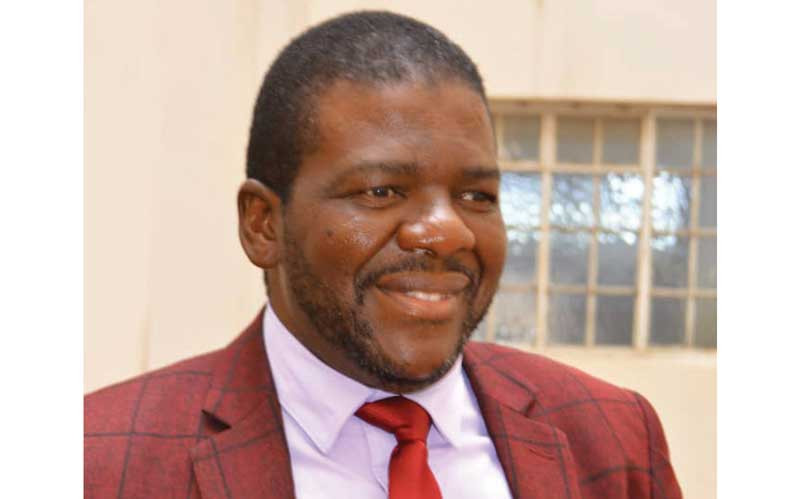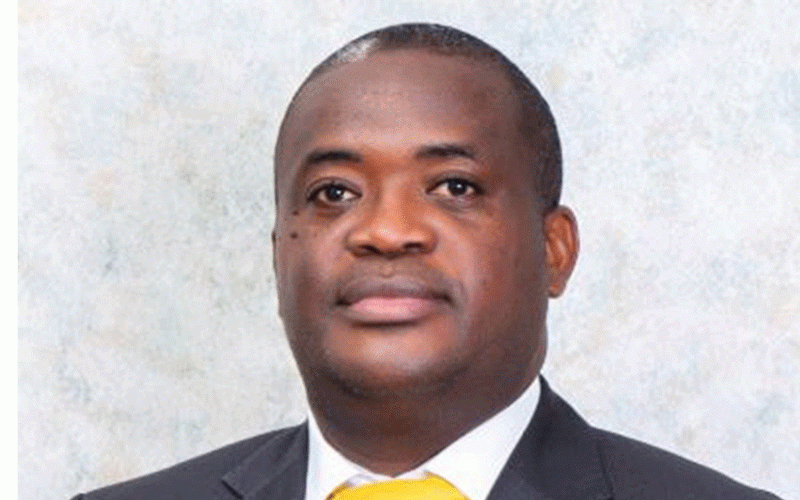
THIS article looks at the general implications of recalls of elected officials by a political party, what the constitution says and if this should be permitted in a space that seeks to promote and respect democracy.
The Zimbabwe Electoral Commission (Zec) proclaims that a person is duly elected member of parliament, local council or President of the Republic based solely on the electorate’s popular choice. This same proclamation is made for winning independent politicians.
Political parties are irrelevant at this point because the people of Zimbabwe, who elect the particular individual have no legal relationship with a political party, but with Zec and parliament. Why then should a political party or its representative have authority to reverse the electorate’s popular choice?
In a democracy, how does a political party have powers to undo the will of the people by simply writing a letter to that effect without any strong justifications?
The winning candidates get their mandate to occupy a particular office from the eligible voters, not the political party they are affiliated to. Zec only advances the name of a politician to a particular office based only on one thing, the highest number of valid votes obtained.
Similarly to undo this should be the exclusive privilege of the electorate through Zec in the next election cycle.
A politician is voted into office by citizens who may not necessarily be supporters or members of any political party. It is these people’s right to choose a public representative that should be protected and rendered superior to the whims of any political outfit.
The moment a political party puts up their member for election to a public office, they are effectively surrendering their authority over that particular individual with regards to the mandate that the electorate may give them. No political party should be able to recall a person out of a job that citizens have given that individual because we have a direct system of election, not representative.
- Unpacking environmental laws for real estate in Zimbabwe
- Village Rhapsody: Govt must ensure that devolution works
- Unpacking environmental laws for real estate in Zimbabwe
- Gukurahundi public hearings: A breakthrough or a political gimmick?
Keep Reading
Our political parties do not have the powers to just deploy unelected cadres to parliament as is the case in neighbouring South Africa
A case can, however, be made for the Senate and other proportional representation portfolios. Even then, what happens if the contested seats in a particular province all go to independent candidates?
Do these winning independent politicians not have the right to speak for themselves and select from the list of available nominees to form a full Senate?
The party simply nominated them for possible election by the electorate, prior to which they cannot serve in that office. It is only in agreement with the members of parliament or after a legally binding resolution that a party should speak on their behalf concerning their parliamentary role.
Members of Parliament also vote on parliamentary business as individuals meaning that towing the party line is not mandatory for publicly elected officials.
The Constitution of Zimbabwe clearly states that the 210 members of the National Assembly should be elected via a secret ballot. It does not say they are to be appointed by their political party, hence the argument that a political party cannot recall a member from a position it never appointed them to in the first place.
The constitution also states how and when a parliamentary seat can become vacant and recalls are not provided for.
Chapter 6, Part 5(k) comes closest to a recall, but it refers to an MP, who has ceased to be a member of the party which would be either by expulsion or mutual agreement.
If the expulsion is contested, then that must be resolved first before the Speaker of Parliament takes action against a member.
Below is an extract from Chapter Six of the constitution.
1) The seat of a Member of Parliament becomes vacant —
(a) on the dissolution of parliament;
(b) upon the member resigning his or her seat by written notice to the President of the Senate or to the Speaker, as the case may be;
(c) upon the member becoming president or a vice-president;
(d) upon the member becoming President of the Senate or Speaker or a member of the other House;
(e) if the member ceases to be qualified for registration as a voter;
(f) if, without leave from the Speaker or the President of the Senate, as the case may be, the member is absent from the House of which he or she is a member for twenty-one (21) consecutive days on which the House sits, and the House concerned resolves by a vote of at least one-half of its total membership that the seat should become vacant;
(g) if the member accepts public office or office as a member of a statutory body, government-controlled entity, provincial or metropolitan council or local authority or employment as an employee of a statutory body, provincial or metropolitan council or local authority;
(h) if the member was a public officer or a member or employee of a statutory body, a government-controlled entity, a provincial or metropolitan council or a local authority on the date he or she was declared as a Member of Parliament, and he or she fails to relinquish that office, membership or employment within thirty days after that date;
(i) if the member is convicted in Zimbabwe of an offence of which breach of trust, dishonesty or physical violence is an essential element; or
(ii) outside Zimbabwe of conduct which, if committed in Zimbabwe, would be an offence of which breach of trust, dishonesty or physical violence is an essential element; and sentenced to imprisonment for six months or more without the option of a fine or without the option of any other non-custodial punishment, unless on appeal the member’s conviction is set aside or the sentence of imprisonment is reduced to less than six months or a punishment other than imprisonment is substituted;
(j) if the member has been declared insolvent under a law in force in Zimbabwe and has not been rehabilitated or discharged, or if the member has made an assignment under such a law with his or her creditors which has not been rescinded or set aside;
(k) if the member has ceased to belong to the political party of which he or she was a member when elected to Parliament and the political party concerned, by written notice to the Speaker or the President of the Senate, as the case may be, has declared that the member has ceased to belong to it;
(l) if the member, not having been a member of a political party when he or she was elected to parliament, becomes a member of a political party;
(m) if the member is certified to be mentally disordered or intellectually handicapped under any law in force in Zimbabwe; or
(n) if the member has been convicted of an offence under the Electoral Law and has been declared by the High Court to be disqualified for registration as a voter or from voting at any election.
(2) A member referred to in subsection (1)(i) who has noted an appeal against his or her conviction may continue, until the final determination of the appeal, to exercise his or her functions as a member and to receive remuneration as a member, unless a court has ordered that he or she should be detained in prison pending the outcome of the appeal.
(3) A Member of Parliament who becomes a chairperson of a provincial council vacates the seat which he or she held before assuming office as chairperson.
The powers of parliament to act against a member are limited to a suspension and fine.
Requiring them to cease occupying the seat for which the citizens elected them violets those voters right to be vested in the electoral process and outcomes.
In the spirit of respecting the basic tenets of democracy parliamentary recalls should only be effected after a clear and justifiable breakdown of relationship between the member and their party hierarchy.
Furthermore, the actions of parliament against a member are limited to specific extreme cases.
(2) An Act of Parliament may —
(a) provide for other privileges, immunities and powers of parliament and its members and officers;
(b) define conduct which constitutes contempt of parliament, whether committed by MPs or other people; and
(c) provide for a right of reply, through the Speaker or the President of the Senate, as the case may be, for persons who are unjustly injured by what is said about them in Parliament; but no such Act may permit Parliament or its members or officers to impose any punishment in the nature of a criminal penalty, other than a fine, for breach of privilege or contempt of parliament.
Acting casually and being too literal in the application of some of the processes and guidelines risks setting a wrong precedent where the will of the electorate is easily overridden by any internal party disputes.
The series of decisions starting with the recall letter to the proclamation of dates for by-elections do not place value on the voice of the electorate.
Perhaps the constitution needs to be urgently amended to prioritise the electorate and avoid the costly exercise of by-elections when clearly the country needs the resources for very basic things like fight the cholera outbreak.
Tshuma is an analyst and commentator based in Bulawayo. — X @taisaPT.







